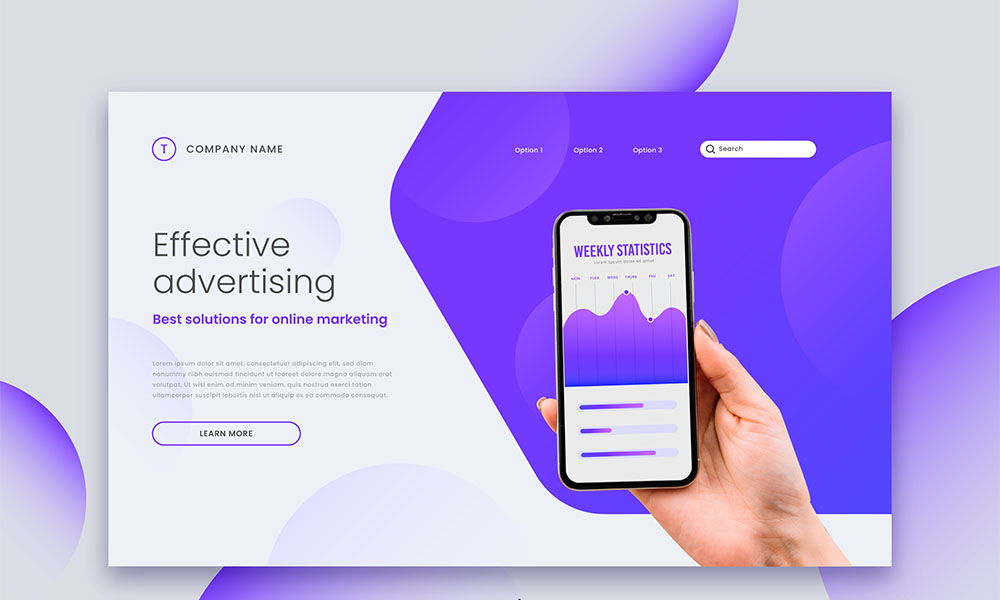You will need to follow a few steps to begin in this field:
- Code editors: Code editors are software programs that allow you to write and edit code. They often come with features like syntax highlighting, code completion, and debugging tools to make it easier to write and troubleshoot code. Some popular code editors include Sublime Text, Atom, and Visual Studio Code.
- Frameworks: Frameworks are pre-written code libraries that provide a structure for web development. They can help you save time by providing a foundation of code that you can build upon, rather than having to start from scratch. Some popular frameworks include React, Angular, and Vue.js.
- Content management systems (CMS): CMS are tools that allow you to create and manage a website without having to write code from scratch. They typically have a user-friendly interface and come with features like templates, drag-and-drop editors, and plugins to help you customize your site. Examples of CMS include WordPress, Joomla, and Drupal.
- Online tutorials and courses: There are many online resources available for learning web development, including tutorials, courses, and documentation. These resources can be a good starting point for learning the basics, and many of them are free. Some popular websites for learning web development include W3Schools, Codecademy, and Udemy. Those resources will give you a good foundation of HTML, CSS and Javascript.
- Developer communities: Developer communities are online forums where web developers can ask questions, share knowledge, and find resources. These communities can be a great place to get help with specific problems you’re facing, or to learn about new tools and techniques. Some examples include Stack Overflow, Reddit’s /r/webdev, and the Mozilla Developer Network.



